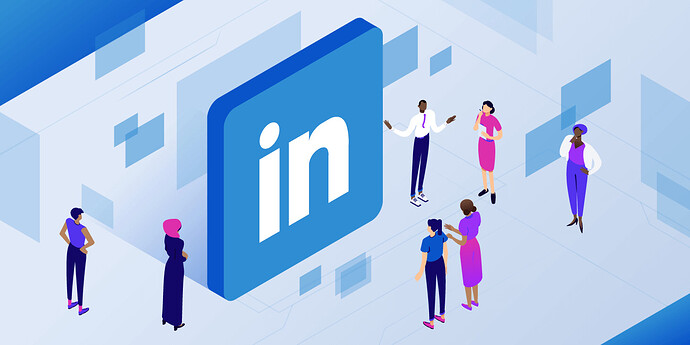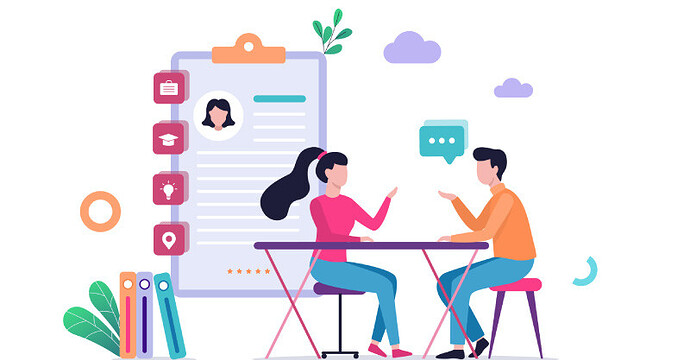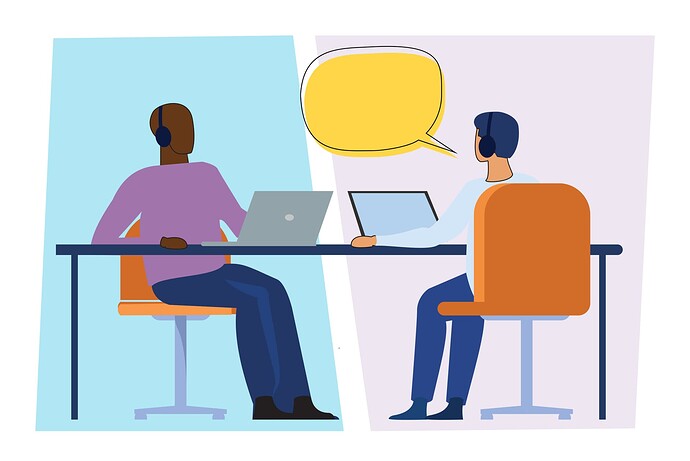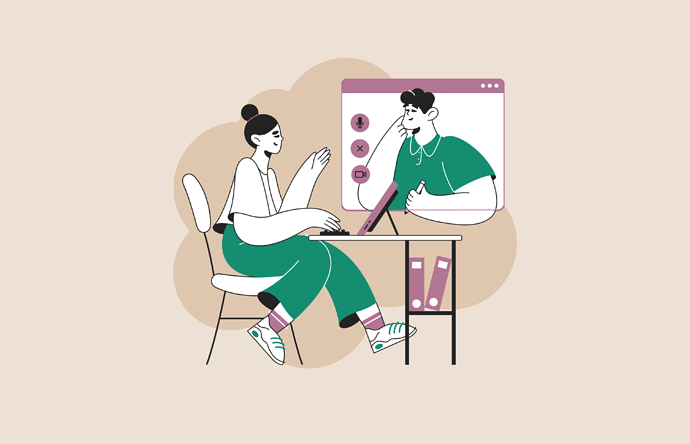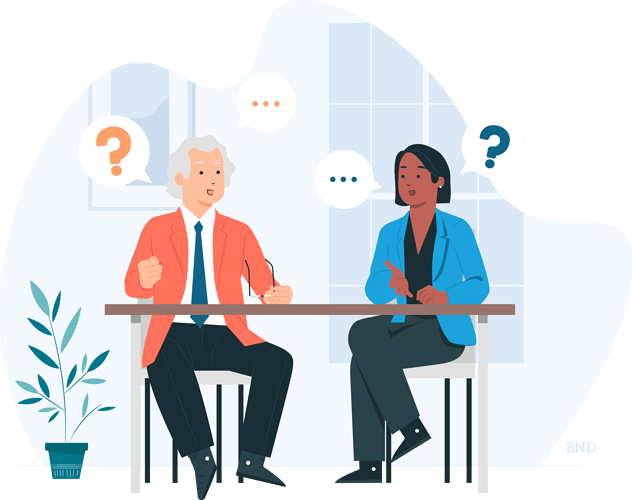 Hi everyone, welcome to the weekend activity - Interview Trivia! Let’s see how ready you are for interviews!
Hi everyone, welcome to the weekend activity - Interview Trivia! Let’s see how ready you are for interviews! 
1. You’re scrolling through LinkedIn, using some filters to swipe up and down and clicking on jobs as they wheeze past your eyes. Are you -
- Checking the JD and Reading it
- Clicking on APPLY
2. The interviewer asks you a question that you don’t the answer of. You sit there and you -
- Don’t say anything
- Try to talk about something else
- Accept that you don’t have much idea about it
3. When you’re getting ready for interviews, it’s always best to -
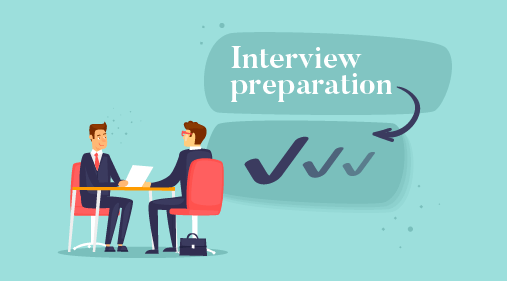
- Read the mails carefully
- Take all the documents you have
4. There is something you don’t understand about the interview venue. You -
- Mail or message the interviewer for more information or clarification
- You call your interviewer directly for more information or clarification
- You try to find answers on your own
5. You are in a conversation with your interviewer, and English is not a language you’re very comfortable with. So, you -
- Continue speaking in English
- Speak in your regional language
- Continue speaking in English and improve your spoken English
6. You are attending several interviews all at once, you get selected for 2 jobs and they are ready to give you offer letters as soon as you confirm. You -
- Accept both, wait to see which one is better and leave the other
- Review the benefits of the job before saying yes to one
- Say no to both, you might get even better opportunity
7. As a part of the interview process, you are asked to give a practical example or demo of a certain skill-set. You -
- Don’t worry about it since you have prepared something beforehand
- You try to come up with something on the spot
- You politely decline to give any demo
8. You accepted an offer letter to a job but after starting a week in that office, you receive a second offer letter with better pay. You -

- Don’t inform the current job, and leave
- Inform the current workplace
- Reject the new offer letter because you already got a job
9. You have a good knowledge of one particular skill - suppose it is Python, but you see jobs which are mostly Data Scientist jobs. What do you do?
- Apply for those jobs
- Wait till you find jobs that match your expertise
- Why does expertise matter? Job is job.
10. During an interview, you are asked a tricky problem solving question but you’re not able to answer it. So you-
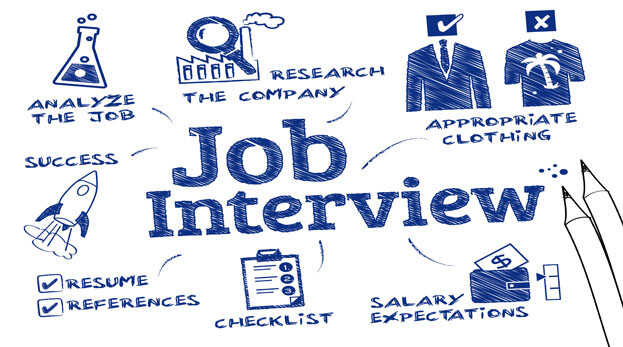
- Argue with the instructor to make them see your point
- Become silent and don’t speak anything
- Accept the feedback and show that you’re willing to improve
6 Likes
Hi everyone! 

Here are the correct answers/best practices for the questions/situations posted here -
-
Checking the JD and Reading it - There are several jobs that we might find ineteresting or exciting, either because of the CTC, job location or the job title. But it is essential that you carefully read the Job Description (JD). Most important details about the job will be given here, and you can find out if that work is suitable for you. This also reduces negative impression during HR rounds if the Interviewer asks you questions from the JD.
-
Accept that you don’t have much idea about it - Your interviewer probably doesn’t have a lot of time as they must be interviewing a lot of people. If you don’t know the answer to something you are being asked, it’s alright to accept it and move on to the next question. Instead of saying something wrong, it is always better to freely communicate with your interviewer. Remember to be polite and open.
-
Read the mails carefully - During official interviews, most details about what you need to bring, where to go and what to expect will be available in the mails you receive. So, instead of unnecessarily carrying important documents, take only those you need.
-
Mail or message the interviewer for more information or clarification - Every formal communication should begin from mails. If you want, you can drop a quick message along with it. Calls should be reserved for emergency situations or if you know the other person is okay with it.
-
Continue speaking in English and improve your spoken English - English is the formal language spoken in most if not all professional spaces in our country. There is a time and space for speaking in one’s own mother tongue, but using it to communicate during official calls, interviews or presentation is not ideal. Even if your English is not that good, try and get better at it gradually!
-
Review the benefits of the job before saying yes to one - We might get several offer letters at the same time, and the best thing to do in this situation is carefully understand the benefits and cons of a job - its location, work-timings and other things, then make a decisive choice.
-
Don’t worry about it since you have prepared something beforehand - Interviews are not extempore events. You need to be well-prepared before you go in, specially for jobs where you have to be more practically or technically involved.
-
Inform the current workplace - This is a tricky one, because this depends on the situation. But ideally, if you’re thinking about going to a different job for any reason, it’s always better to inform in your current workplace to avoid any malpractice.
-
Wait till you find jobs that match your expertise - Don’t randomly apply for jobs! It’s a waste of time and effort. See what jobs matches your skillsets and domain of expertise, then apply.
-
Accept the feedback and show that you’re willing to improve - This goes without saying, but keep in mind that you can’t just show willingness to improve without trying. Be well prepared and give it your best!
3 Likes
![]() Hi everyone, welcome to the weekend activity - Interview Trivia! Let’s see how ready you are for interviews!
Hi everyone, welcome to the weekend activity - Interview Trivia! Let’s see how ready you are for interviews! ![]()



